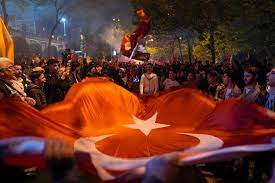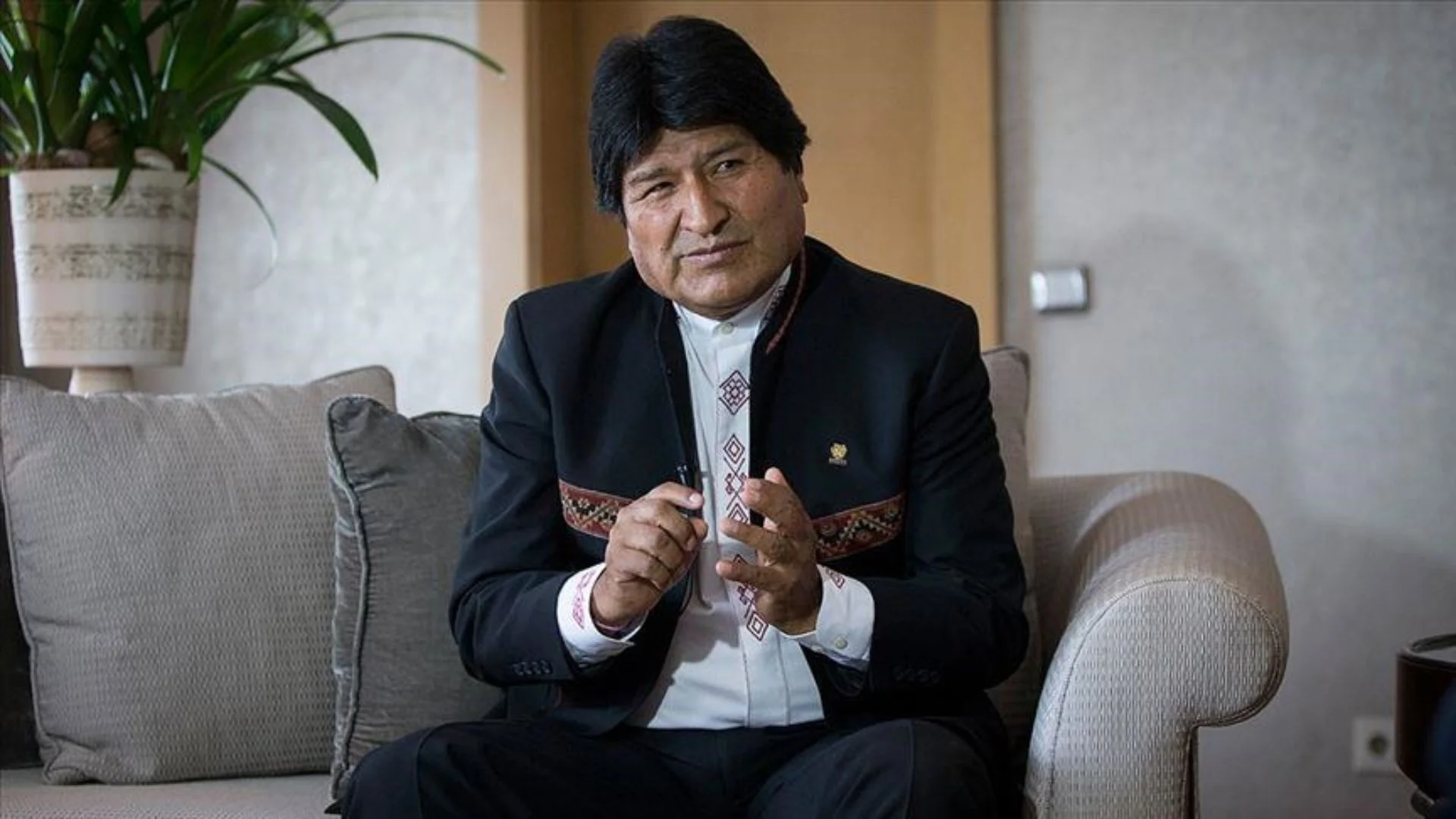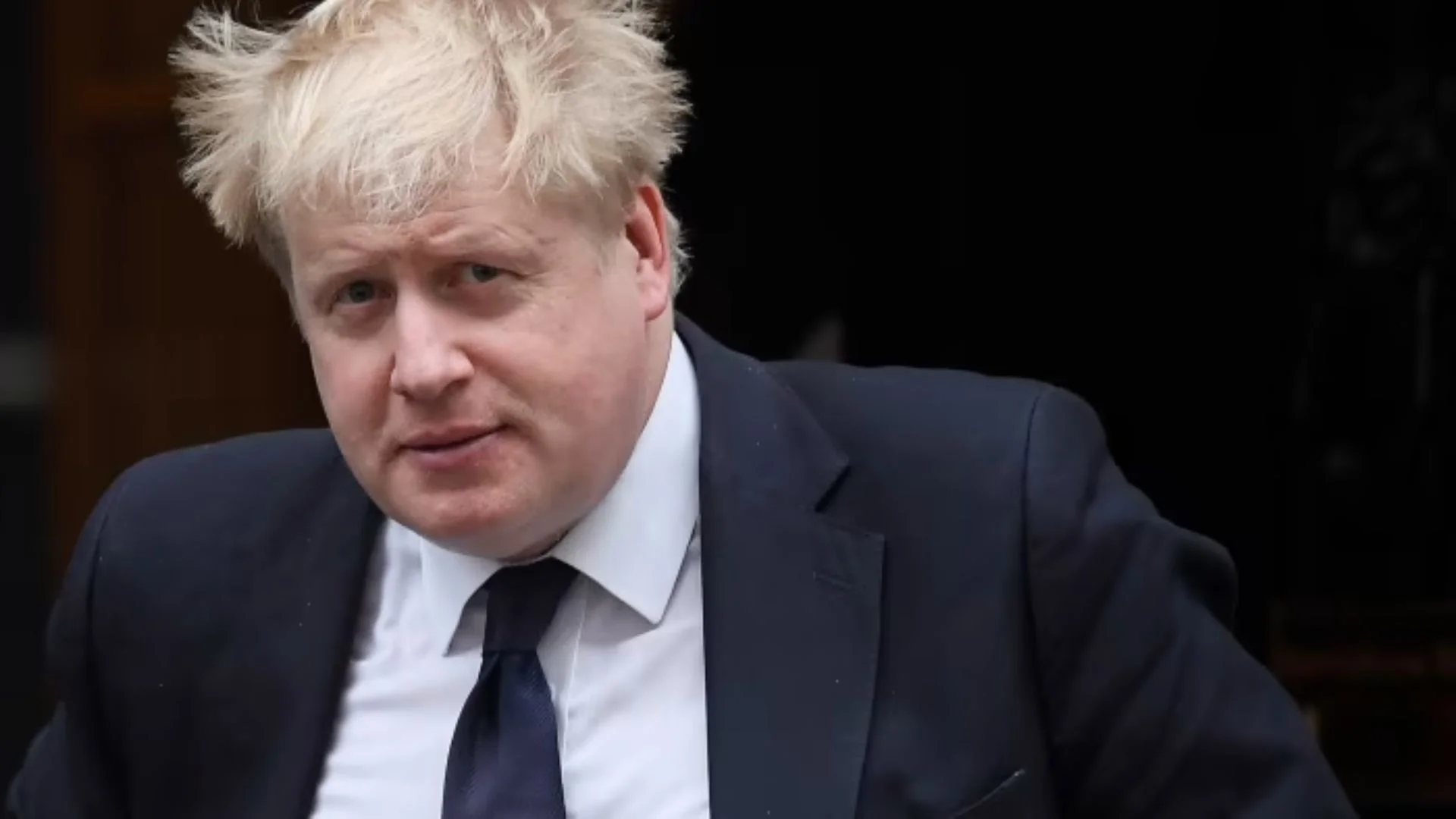Turkiye’s presidential elections appeared to be heading toward a second-round runoff on Monday, with President Recep Tayyip Erdogan, who has ruled his country with a firm grip for 20 years, leading over his chief challenger, but falling short of the votes needed for an outright win.
With 99.4% of the domestic votes and 84% of the overseas votes counted, Erdogan had 49.3% of the votes, with his main rival, Kemal Kilicdaroglu, garnering 35.2 %, Ahmet Yener, the head of the Supreme Electoral Board, told reporters.A third candidate, nationalist politician Sinan Ogan received 5.2%.
Erdogan, 69, told supporters in the early hours of Monday that he could still win. He said, however, that he would respect the nation’s decision if the race went to a runoff on May 28.
The vote was being closely watched to see if the strategically located NATO country — which has a coast on the Black Sea to the north, and neighbours Iran, Iraq and Syria to the south — remains under the control of the increasingly authoritarian president or can embark on a more democratic course that was envisioned by Kilicdaroglu.
Opinion polls in the run-up to Sunday’s vote had given Kilicdaroglu, the joint candidate of a six-party opposition alliance, a slight lead over Erdogan, who has governed Turkey as either prime minister or president since 2003.Kilicdaroglu sounded hopeful for a second-round victory.
“We will absolutely win the second round … and bring democracy” said Kilicdaroglu, 74, maintaining that Erdogan had lost the trust of a nation now demanding change.
Ogan has not said whom he would endorse if the elections go to a second-round. He is believed to have received support from electors wanting change after two decades under Erdogan but unconvinced by the Kilicdaroglu-led six party alliance’s ability to govern.The election results showed that Erdogan’s ruling Justice and Development Party was also set to retain its majority in the 600-seat parliament, although the assembly has lost much of its legislative power after a referendum to change the country’s system of governance to an executive presidency narrowly passed in 2017.
This year’s election came amid a backdrop of economic turmoil, a cost-of-living crisis and a February earthquake that killed more than 50,000 people.Western nations and foreign investors are also awaiting the outcome because of Erdogan’s unorthodox leadership of the economy and often mercurial but successful efforts to put Turkey at the centre of international negotiations.
Critics maintain the president’s heavy-handed style is responsible for a painful cost-of-living crisis.The latest official statistics put inflation at about 44%, down from a high of around 86%.The price of vegetables became a campaign issue for the opposition, which used an onion as a symbol.
In contrast with mainstream economic thinking, Erdogan contends that high interest rates fuel inflation, and he pressured the Central Bank of the Republic of Turkiye to lower its main rate multiple times.Erdogan’s government also faced criticism for its allegedly delayed and stunted response to the 7.8 magnitude earthquake that left 11 southern provinces devastated.

















